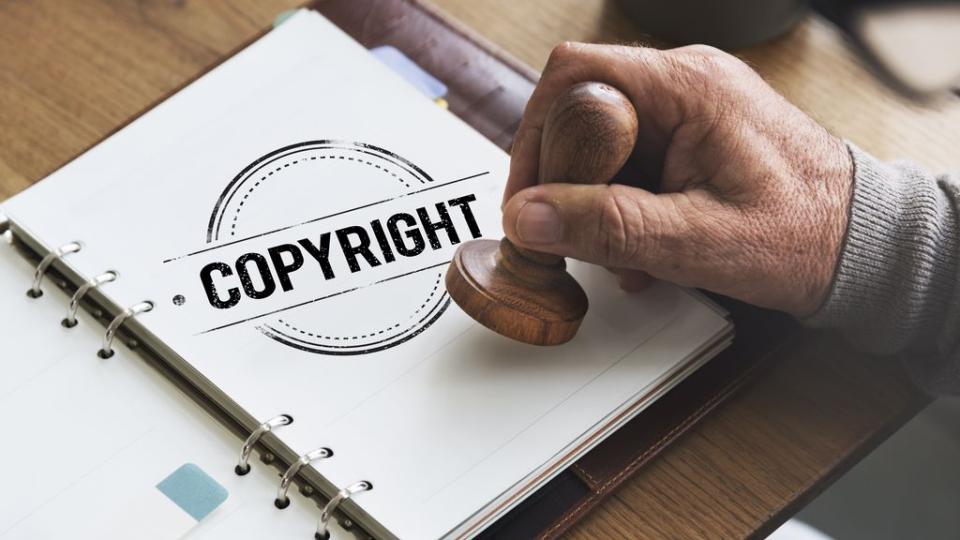When people create an idea or work, they want to secure their rights over it. Considering that in modern life, any content can be easily copied, distributed, and used for commercial purposes without acknowledging the copyright of the author, the importance of copyright becomes evident. Therefore, it's beneficial to understand the answers to the questions, "What is copyright, and what are its characteristics?"
What is Copyright?
These are legally granted rights over any product created through an individual's intellectual labor. Works created through intellectual labor of any kind, including but not limited to media content, artistic productions, literary texts, songs, books, films, and performing arts, and generally presented to the public in the media or culture and arts sectors, are protected under Law No. 5846 on Intellectual and Artistic Works.
According to this law, recording, copying, distributing, using in commercial activities the works in question without the permission of their owners and damaging the copyright of the author as a result of all these are considered crimes and are subject to criminal sanctions.
What are the differences between copyright and patent?
Copyright and patents differ from each other in terms of their scope and principles.
A patent covers inventors' industrially applicable inventions. Copyright, on the other hand, covers intellectual productions. Registration is not required for copyright to be established; rights to intellectual and artistic works arise upon production of the work. However, patent rights require approval from various institutions and require the submission of in-depth technical information and analysis of the work.
What are the rights of the author?
The question, "What are the rights of the author?" can be answered by the material and moral rights stipulated in Law No. 5846. Moral rights include the right to public display, the right to name a work, the right to prohibit modifications to the work, and the rights of the author against the owner and possessor.
The material rights included in the law are the right to process, the right to reproduce, the right to disseminate, the right to represent and the right to communicate to the public.
How to Obtain Copyright?
All works subject to copyright are protected under the Law on Intellectual and Artistic Works after their creation. Therefore, registration is not required for a created work to be protected. The relevant legislation only requires registration and recording of computer games, music, and cinematic works before they can be released to the market. Even if registration is not required for works other than these, there are certain steps the copyright owner can take to prevent potential claims. These include filing an optional registration application and obtaining a certificate of right ownership by contacting a notary public.
Support Patent With 38 years of experience, we are here to help you secure your copyrights. Contact us now to learn more.





